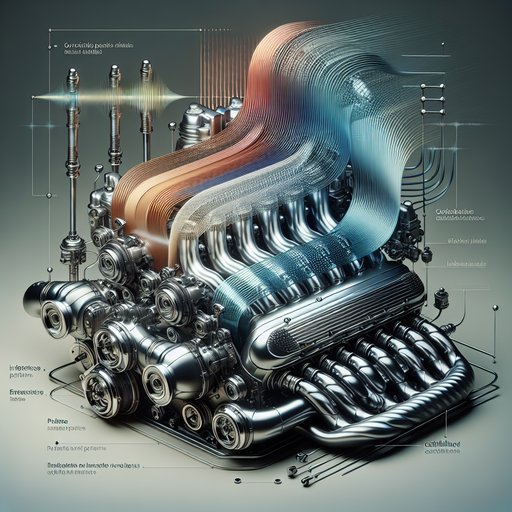
The automotive sector is experiencing significant workforce changes across multiple manufacturers, with some companies reaching favorable agreements while others face challenging decisions. A major wage settlement at Hyundai contrasts with job cuts at European operations, highlighting the industry's current volatility and varying regional conditions.
In South Korea, Hyundai Motor Co. has successfully concluded its labor negotiations, with unionized workers approving a new wage agreement. The deal includes a 7% increase in monthly base pay and various bonuses, including performance incentives worth 150% of monthly wages and special bonuses totaling 6.3 million won per worker [1].
Ford Motor Company is implementing significant workforce reductions at its Cologne, Germany facility, where up to 1,000 jobs will be eliminated at the electric vehicle plant. This decision comes despite the company's recent $2 billion investment in the facility, which was meant to spearhead Ford's European electric vehicle production [2].
The situation at Jaguar Land Rover (JLR) has taken a concerning turn as a cyberattack on the automaker has begun affecting its supply chain. The digital security breach has created a ripple effect, forcing suppliers to consider layoffs due to disrupted production schedules and reduced parts orders [3].
The changes at Ford's Cologne plant particularly highlight the challenges facing traditional automakers transitioning to electric vehicle production. The facility, which underwent a massive transformation to become an EV manufacturing hub, is now facing the reality of market adjustments and production efficiency requirements [4].
















